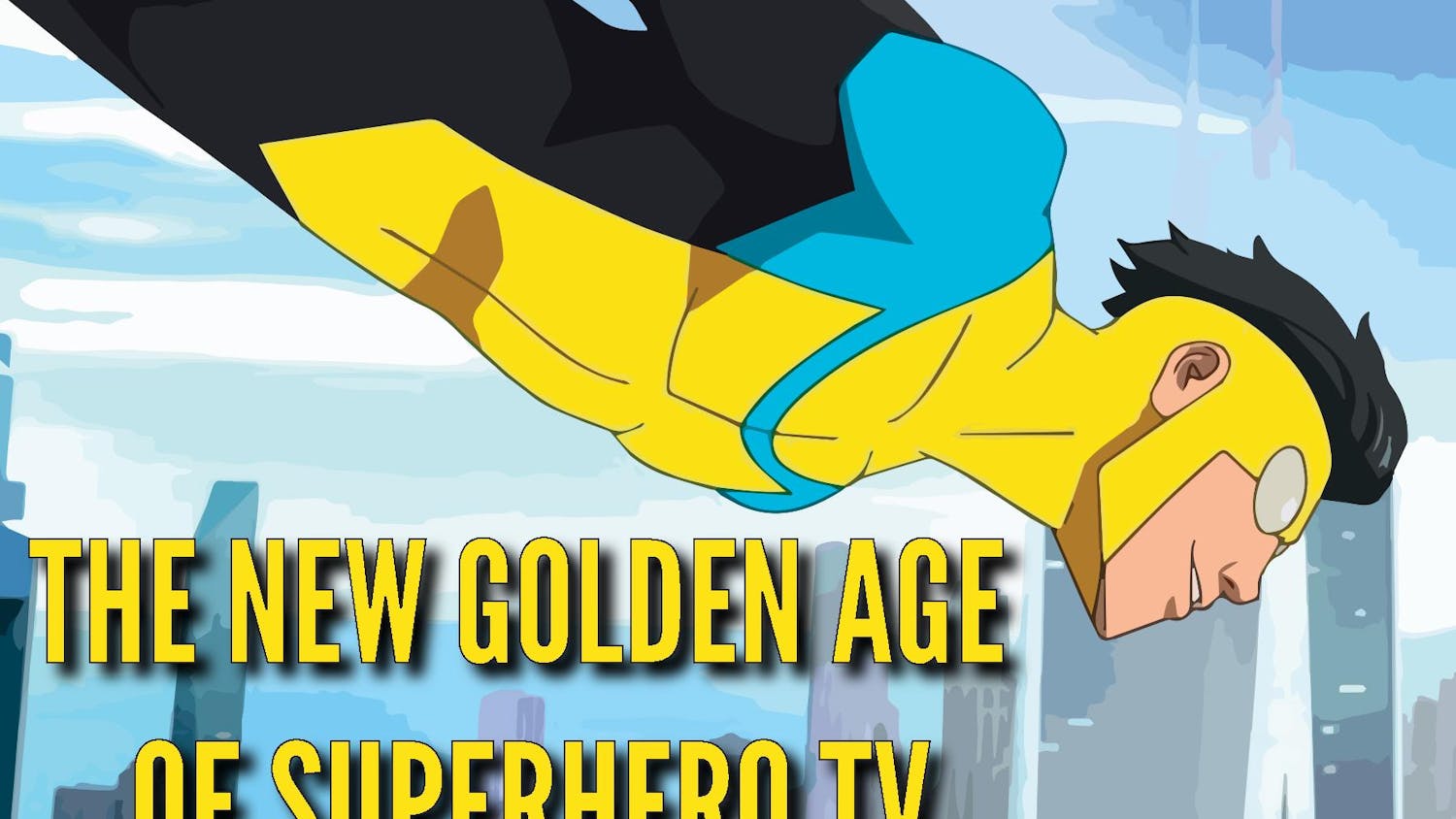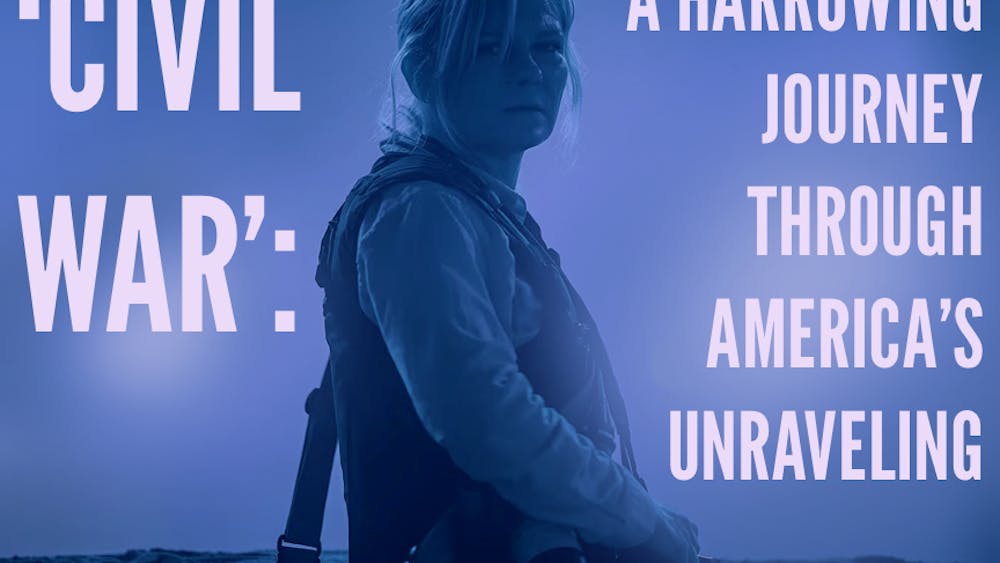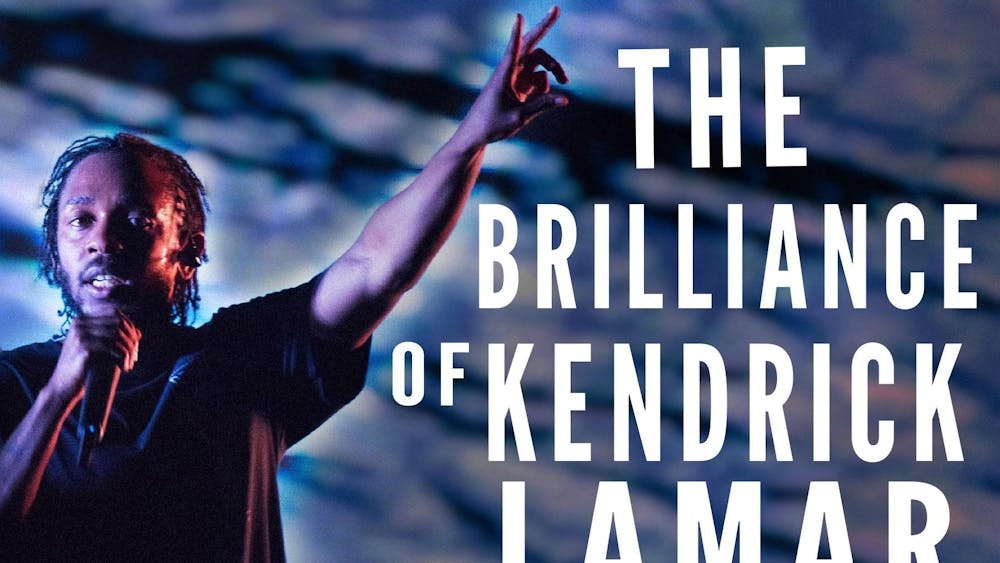
2016 is quickly becoming the return of the “Harry Potter” franchise. November will see the release of the movie “Fantastic Beasts and Where to Find Them,” J.K. Rowling just announced the release of three new books, and this summer saw the London premiere of a stage play acting as the eighth installment of the series. For those not located in London, the print version of the script was released the morning after the play's premiere.
The release of the script was heralded as the “eighth book,” which meant that the final product was more than a bit disappointing for some. The change in form creates a drastically different sort of story and the new writers (Rowling helped with the concept, but did not write the script herself) made those differences even harder to swallow.
The script book itself did not help the discomfort some fans felt upon the release of the book. In many ways, the story catered to the fandom — Albus was placed in Slytherin, he became best friends with Scorpius Malfoy, Scorpius was in love with Rose Weasley. But still, many fans ended up disliking the direction “Cursed Child” took the series.
On a personal note, I should point out that I rather enjoyed the script. In part, I enjoyed it because I separated it quite a bit from the original series — to me the script book is slightly more official than most post-series fan fiction, but also not really part of the original canon. As such, I accepted a lot of the changes as one way the story could have continued, without feeling as though it truly changed my feelings about the original seven.
One of the biggest criticisms for the books is that it is not true to the character of Harry Potter. In “Cursed Child,” he is no longer the hero readers have come to expect in the original seven. Instead, he is a man who struggles to connect with a son who is very different from himself.
Though there are far more exciting conflicts within the play — several concern time travel and the “awful things [that] happen to wizards who meddle with time” — the parental conflict playing out between Harry and Albus is what really drives the story.
The epilogue of the seven books leaves the reader with an idyllic vision of Harry’s life after the death of Voldemort. It’s an ending that clearly marks the series as one for children and young adults — I’ve had at least one English teacher say that as a whole, the series would be stronger if Harry did not make it out of the battle alive.
Though “Cursed Child” does not go that far to challenge this happy ending, it does trouble the peace granted to the Potter-Weasley clan in the epilogue. But the struggles Harry faces are much more mundane (until his son starts messing with time travel, of course), and what appears in the play is not a childhood hero, but a more real human struggling with work, life, and fatherhood.
In my mind, I liken it a bit to what happens to Harry in the fifth book of the original series. In “Order of the Phoenix,” he’s a bit whiny, more than bit angsty and probably suffering from PTSD. He’s not entirely likable, but he is understandable. The Harry that struggles with fatherhood in “Cursed Child” is the same way.
In the end, however, “Cursed Child” is not really a continuation of the original Harry Potter series — it’s more a fan service, to keep the world alive for all those who loved it as a child. Maybe it is not quite up to standard, but in my mind, it does not really need to be. It’s a fun, quick read that made for one nostalgic summer morning.
I should mention that one part of the play was definitely up to standard. The vision of Hermione Granger-Weasley as Minister of Magic is definitely worth the read — and her continued strength, no matter the timeline, definitely satisfies the diehard Hermione fan in my heart.













